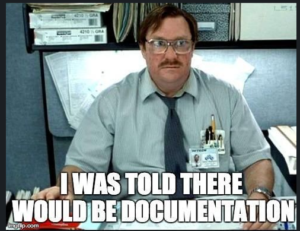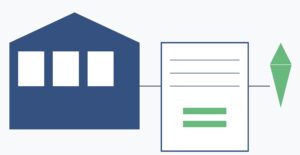Should we deploy AI systems that make terrible mistakes if they’re demonstrably better than humans at certain tasks?
This morning, I read a chilling headline in the New York Times: “An Algorithm Told Police She Was Safe. Then Her Husband Killed Her.”

An Algorithm Told Police She Was Safe. Then Her Husband Killed Her.
Adam Satariano reports on a tragic case in Spain where a woman was murdered by her husband after an AI algorithm predicted she wasn’t at risk of domestic violence. Despite this failure, Spanish officials maintain that the algorithm has significantly reduced domestic violence incidents overall.
We’ve seen countless headlines about AI gone wrong: people denied medical care, refused essential government services, and in this case, lives lost. These stories of AI failures capture our attention, and rightfully so.
But the solution isn’t easy or obvious.
The Strengths of AI
AI:
- Processes vast amounts of data, identifying patterns humans might miss
- Works tirelessly, without fatigue or emotional bias
- Often outperforms human experts
The Challenges of AI
Yet, AI:
- Mistakes can have severe, far-reaching consequences
- Raises valid concerns about privacy, bias, and potential abuse
- Induces risks of over-reliance, potentially dulling our critical thinking skills
Given all that, choosing between AI or human judgment is a false dichotomy. The real question is how to synergize the strengths of both.
The Path Forward
We must:
- Rigorously scrutinize and improve AI systems
- Develop robust frameworks for AI accountability and transparency
- Train professionals to work alongside AI, enhancing rather than replacing human judgment
- Educate the public on AI’s capabilities and limitations
Even with these efforts, we can’t completely eliminate AI-related harms – just as we’ve never reduced human errors to zero in critical systems.
The Ethical Quandary
This leaves us with a profound ethical question: If an AI system saves more lives than it costs, but those costs are real and tragic, how do we proceed?
I don’t have all the answers, but I believe this is a conversation we need to have openly and urgently.
What are your thoughts?




